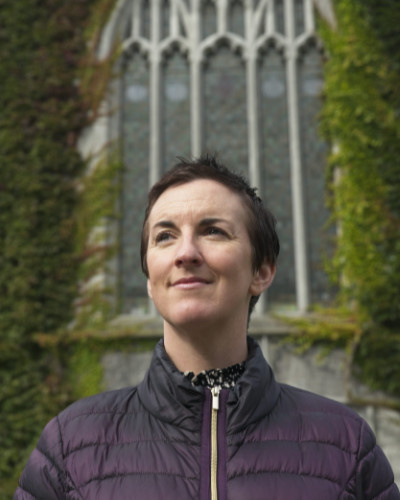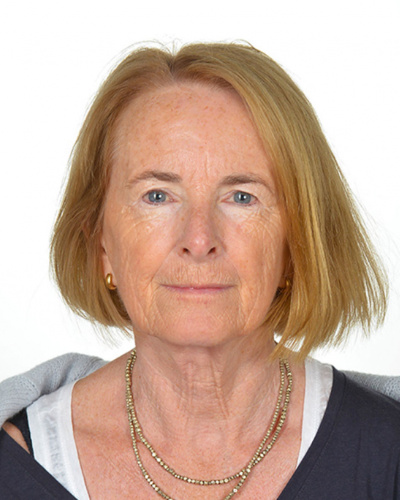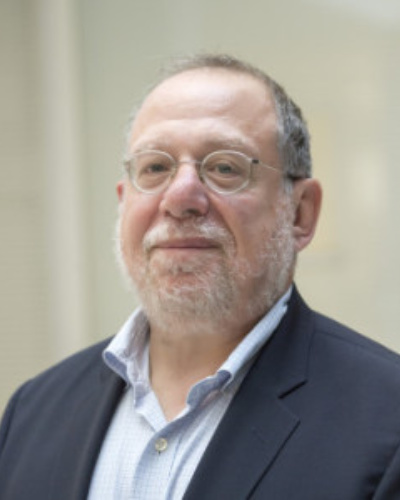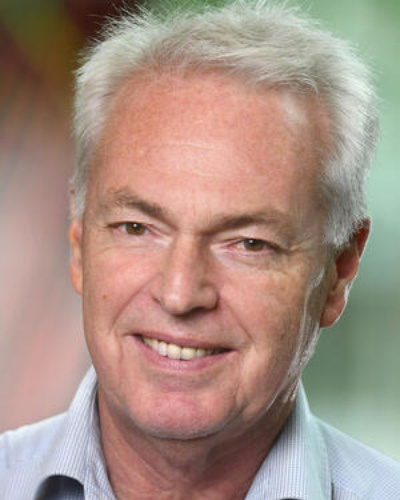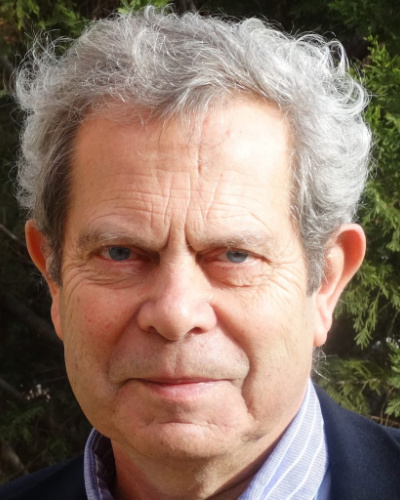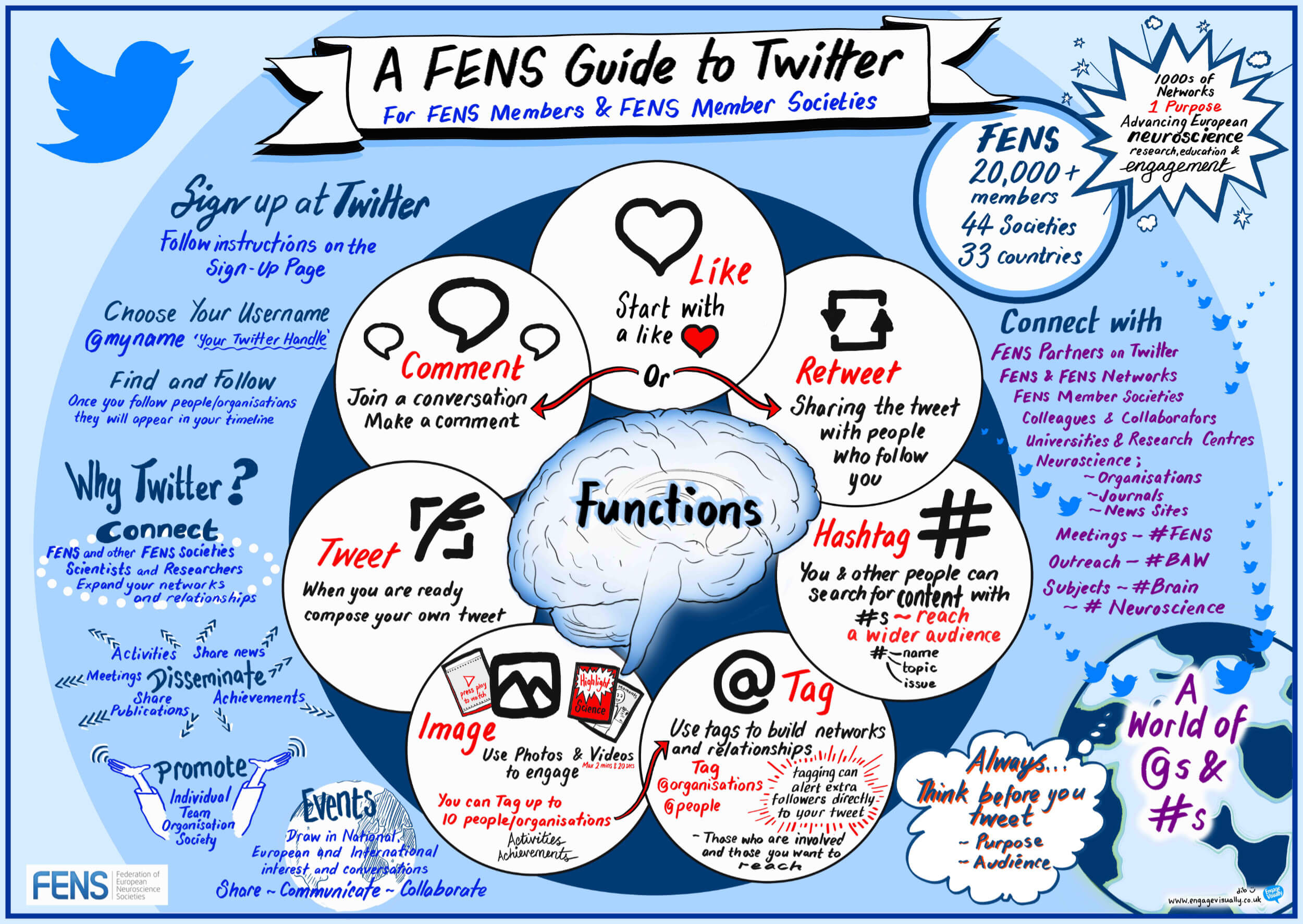The Communication Committee
The Communication Committee is a FENS committee responsible for the governance and implementation of the communication strategy. Its activities fall within the following areas:
- Advising the FENS leadership on the communication policy and its objectives
- Advising on the best strategies for implementation of the current programmes for public outreach.
The Chair of the Communication Committee is a member of and reports to the FENS Executive Committee and the Governing Council.

Christina Dalla, Greece
Chair
2022-2026
Dr Christina Dalla is an Associate Professor at the Dep. of Pharmacology, Medical School, National and Kapodistrian University of Athens, past-President of the Hellenic Society for Neurosciences, President of the Hellenic Brain Council and President-elect of the Mediterranean Neuroscience Society. She is also a member of the board of directors of the European Brain Foundation, section-editor at the European Journal of Neuroscience, member of the FENS Communication Committee and member of the Educational Committee of ECNP.
Dr Dalla received her first diploma from the Pharmacy School of the National and Kapodistrian University of Athens in 2000 and continued her studies in Neurosciences in Athens, at the University of Liege in Belgium and at the Rutgers University of New Jersey, USA, with two European Union Marie Curie Fellowships. Her research focuses on sex differences in neuropsychiatric disorders and treatment with a focus on depression. She has received awards and distinctions, such as the “L’Oreal-Unesco” for Greek Women in Science and the European College of Neuropsychopharmacology fellowship award. As a member of the DANA foundation of the Brain, she is actively participating in public activities for brain awareness, such as publishing of books for the public, and has actively contributed to the Erasmus+ grant Share4Brain.

Spiros Efthimiopoulos, Greece
Member
2022-2026
Dr Spiros Efthimiopoulos received B.Sc. in Biology from the Department of Biology of the University of Patras in 1986 and his PhD from the same Department in 1991. Then, for a period of 10 years, he moved to the Department of Psychiatry at Mount Sinai School of Medicine, where he worked as a researcher on the molecular basis of Alzheimer’s disease. In 2001, integrated into the Teaching and Research Staff of the Department of Biology of the national and Kapodistrian University of Athens as an Assistant Professor and currently holds the position of Professor.
In the period 2001 to date, Dr Efthimiopoulos has substantially contributed to the education of students of the Department of Biology and other departments or schools at both undergraduate and postgraduate levels. In the Department of Biology at the national and Kapodistrian University of Athens continued his research on the molecular basis of Alzheimer’s disease and has produced a total of more than 48 publications in peer-reviewed journals. Both National and International organisations have funded his research. Professor Efthimiopoulos has been invited to international conferences, Universities and Research centres abroad and domestic to give lectures on his research. He has been a member of the Board, Secretary and President of the Greek Society for Neuroscience and has significantly contributed to the Society’s efforts to raise public awareness of Neuroscience. Moreover, he has been a member of the Board, Vice President of the Panhellenic Society of Biological Sciences.

Armelle Rancillac, France
Member
2022-2026
Dr Armelle Rancillac earned her PhD in Neuroscience in 2003 at Paris VI while working with Francis Crépel and Hervé Daniel on synaptic plasticity using patch-clamp recordings on cerebellar slices. In her dissertation, she described for the first time several forms of synaptic plasticity between stellate cells and parallel fibers.
Then, she joined Jean Rossier’s laboratory at the ESPCI-ParisTech, as a postdoctoral fellow to study the neurovascular coupling within the cerebellum. She demonstrated that stellate and Purkinje cells dilate and constrict, respectively, neighbouring blood vessels. In 2006, she obtained a research post at Inserm and focused on the vasomotor control of intracortical blood vessels by interneurons. Combining patch-clamp, RT-PCR, videomicroscopy and Neurolucida reconstructions, she characterized the roles of different interneuron subpopulations in the neurovascular coupling of the mouse somatosensory cortex.
From 2011-2015, she studied the role of metabolism on neuronal activity and blood vessel tonus within the ventrolateral preoptic nucleus (VLPO), a key brain structure triggering non-rapid eye movement (NREM) sleep. In 2014, she got my Habilitations to conduct research (HDR). She is currently conducting research in Rouach’s team at the Collège de France to determine how neuron-glia communication contributes to regulating non-rapid eye movement (NREM) sleep in VLPO.
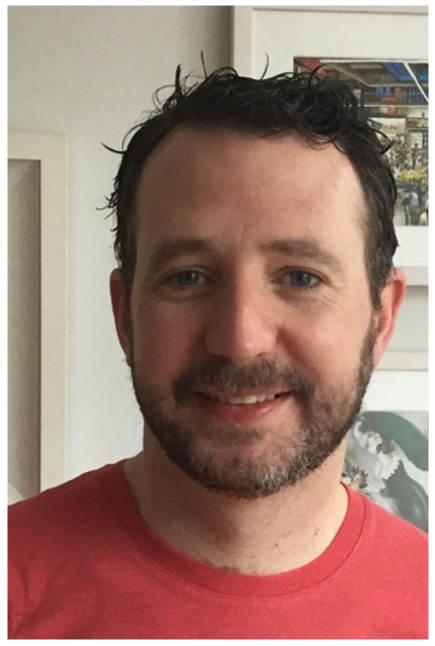
John S. Butler, Ireland
Member
2024-2026
John Butler is a Lecturer in the TU Dublin, Ireland. His research focuses on multisensory integration. Over the last decade he has organised, hosted and presented at numerous science communication events; Maths Week, Science Week and Pint of Science. In 2019 he performed his first Bight Club gig using comedy to talk about research and has subsequently performed at a number of other Bright Club shows and written a blog for them about the Comedy of Maths.
He has written a number of outreach blogs and articles. The blogs have discussed the use of art, comedy and music in teaching and research to make connections to the materials. He co-authored three Frontiers for Young Minds papers for a wider audience based upon his research. As part of the Neuromatch Conference Committee (2020-2023) he developed a virtual escape room in six different languages for kids to teach them about the mathematics and neuroscience of decision making with was written up as conference paper and also adapted as an article titled ‘Will I Stay for another Pint or Will I Go Home” published on RTE’s Brainstorm.
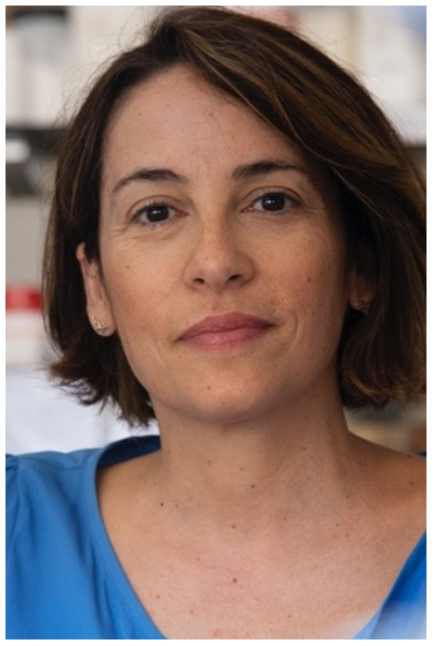
Luísa V. Lopes, Portugal
Member
2024-2026
Dr Luísa V. Lopes graduated with a degree in Biochemistry from the University of Lisbon in 1998 and then pursued a Ph.D. in Neurosciences, receiving training at the University of Cambridge, UK, and the Karolinska Institute, Sweden. She gained postdoctoral experience in a corporate setting at the Nestlé Research Center in Switzerland, where she studied brain-gut interactions, particularly focusing on early-life stress. In 2013, Luisa established her own research group at iMM as the recipient of an Investigator FCT position.
Her current research focuses on understanding the mechanisms that induce the “early-aging” of cognitive function focusing on hippocampal circuitry and related behavior in rodent models. Her laboratory has provided evidence for the significant contribution of adenosine receptors in pathophysiological contexts and their impact on conditions such as stress, aging, and neurodegeneration.
She is a strong supporter of communication as a crucial part of the job of a scientist and of using available tools to enhance engagement in public outreach efforts and science communication. Over the years, coupled with her research activity, Luisa has regularly participated in TV shows, podcasts, and conferences, demonstrating her ability to engage diverse audiences across various media platforms, ensuring the effective dissemination of neuroscience-related information.


